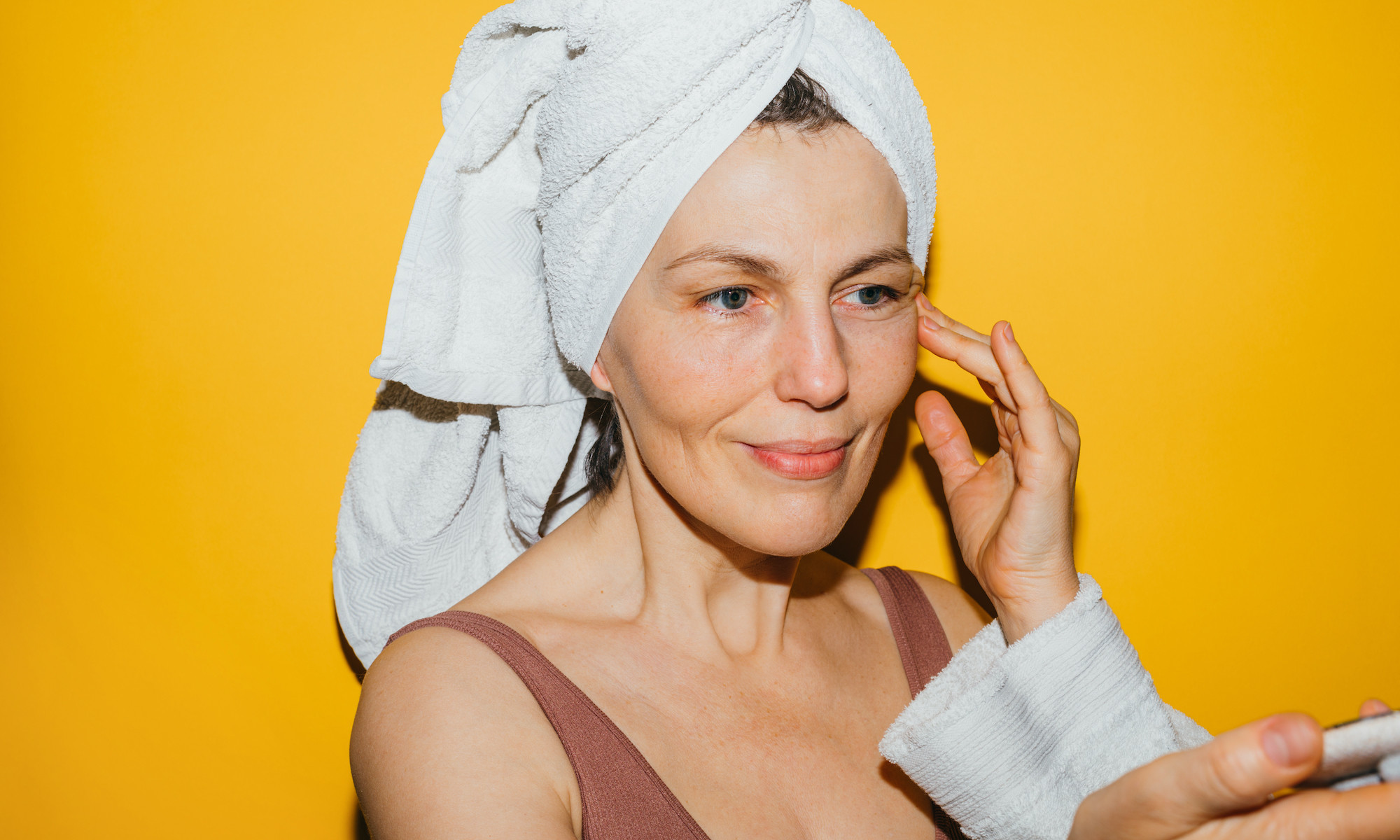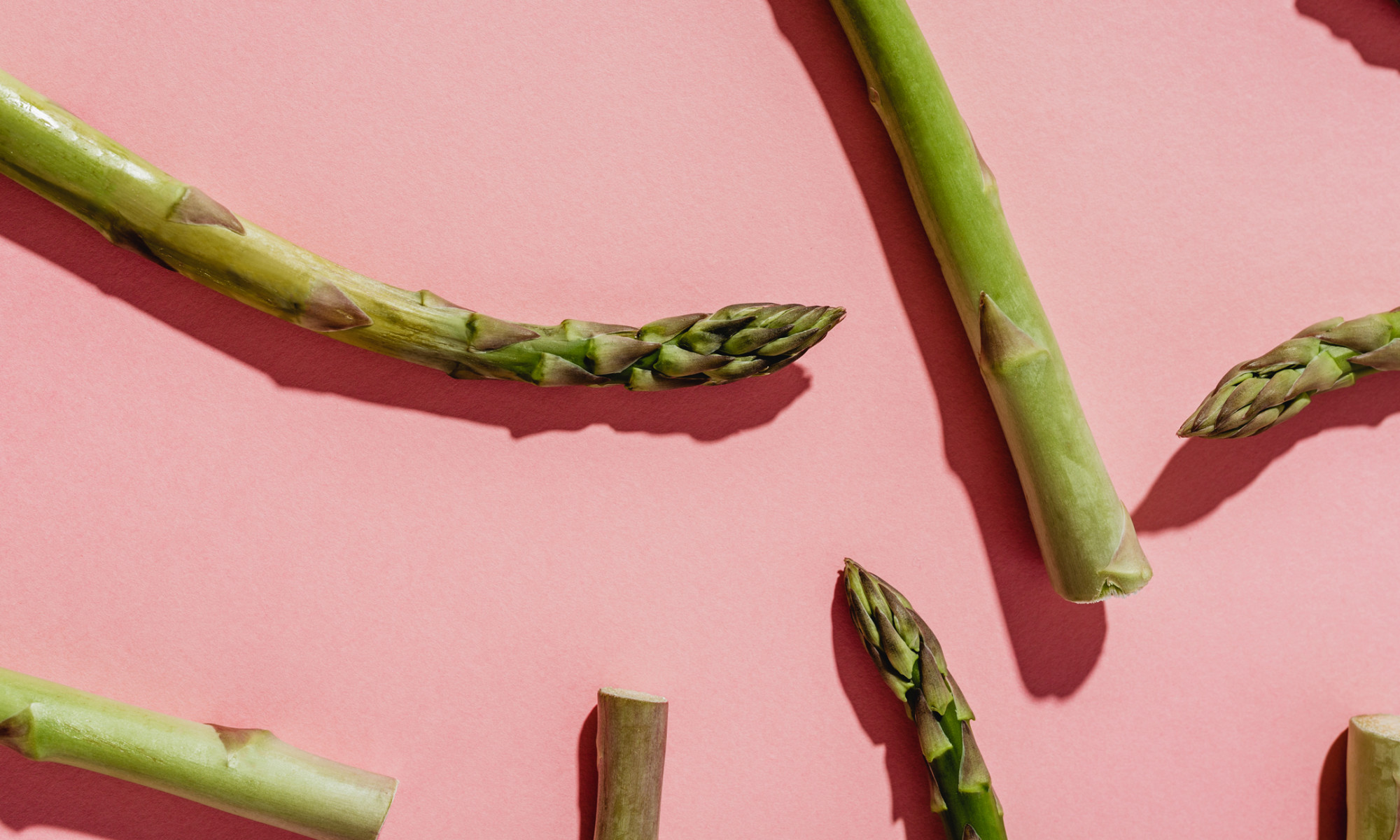The Best Time to Drink Caffeine, Based on Your Cycle
A Nutrition Consultant spills the (java) beans. The post The Best Time to Drink Caffeine, Based on Your Cycle appeared first on Camille Styles.

It’s that time of year—steaming mugs of coffee are a daily delight when the weather’s chilly (or let’s be honest, any time.) For many of us, caffeine fuels endless responsibilities: email replies, work projects, house chores, school drop-offs, etc. And while coffee is full of benefits, it’s easy to overdo it. Especially when it comes to hormone health. If you think you’re too reliant on your cuppa (or three), don’t fret. Fortunately, it’s possible to enjoy your coffee while supporting hormonal balance. Say hello to cycle syncing caffeine.
Ready to sip strategically? With our hormone-friendly guide, you’ll learn how to complement—not clash!—your caffeine habit with your hormones. Calling all coffee connoisseurs: this one’s for you.
Featured image from our interview with Inge Theron by Teal Thomsen.

Have Your Caffeine and Drink It, Too
What if you could maximize your caffeine consumption while minimizing potential disruptions to your hormones? Luckily, it’s feasible. And even better news—it’s not rocket science. Cycle syncing caffeine, like your other daily habits, is a method to work in tandem with your body’s natural rhythms. Harnessing a few simple principles, you can have your caffeine and drink it, too. In other words, there’s no need to forego your coffee fix. Rather, it’s about adjusting your intake based on monthly hormonal fluctuations.

Cycle Sync for Hormone Balance
Before we dive into all things caffeine, what is cycle syncing? In essence, it involves aligning various aspects of your life—diet, exercise, and self-care—with the natural fluctuations of your menstrual cycle. This practice recognizes that each phase (menstrual, follicular, ovulatory, and luteal) is characterized by hormonal shifts. And these shifts impact everything from energy levels to mood. But by tailoring your activities and habits, you can reap multiple rewards. Think: balanced reproductive health, minimal PMS, and a greater connection with your body.
If you’re new to this concept, welcome! We have a detailed cycle syncing calendar to make this holistic practice a breeze.

How does caffeine impact hormones?
The link between caffeine and hormones is complicated. It’s not as black-and-white as drinking caffeine or abstaining completely. We are all bio-individuals, after all! Caffeine impacts each of us differently. However, observational studies indicate the following:
Caffeine and cortisol: Caffeine can temporarily increase cortisol, our stress hormone. While a moderate rise (in the morning) is part of the body’s natural response, excessive caffeine intake may lead to prolonged elevated cortisol levels, potentially impacting hormonal balance.
Caffeine and insulin: Caffeine can also affect insulin sensitivity (aka blood sugar balance). This is particularly relevant for those with PCOS, as insulin resistance is a common condition.
Caffeine and estrogen: Battling estrogen dominance? If so, you may want to aim for minimal-to-moderate caffeine consumption. After all, too much caffeine can affect estrogen levels, potentially exacerbating hormonal imbalances—especially for Asian women. One study shows that higher caffeine consumption is associated with higher estrogen levels in women of Asian descent.
If you have a hormonal imbalance, should you avoid caffeine?
Depends. Although most experts suggest minimizing caffeine to alleviate hormonal imbalance symptoms, moderate daily consumption (1-2 cups of brewed coffee) is generally considered safe. In other words, despite individual responses to caffeine, many people can enjoy moderate amounts without adverse effects. If you’re actively trying to balance hormones, or have specific health concerns, monitor your caffeine intake with a healthcare professional.

What is the best time of the month to drink caffeine?
Assuming caffeine consumption is on the docket—and hormone balance is the goal—let’s dive into cycle syncing caffeine. In many ways, the first half of your cycle (the follicular phase), is an ideal time to drink java. During this phase, estrogen levels are on the rise. And this can contribute to better tolerance and reduced sensitivity to caffeine. Said differently: if you have a normal follicular phase, go for it.
Conversely, during the second half of the menstrual cycle—the luteal phase—estrogen decreases while progesterone rises. Because of this, some women experience heightened sensitivity to caffeine during this phase. This can lead to potential disruptions in sleep patterns or increased feelings of anxiety.
Play around with adjusting your caffeine consumption throughout the month. You may be pleasantly surprised by the benefits of limiting your intake before your period starts.

Caffeine Consumption, Broken Down By Phase
To take things one step further, below are general suggestions for caffeine consumption during each phase of the menstrual cycle.
Menstrual phase (Days 1-5): Generally speaking, hormone levels are low during this phase. It’s a good time for regular caffeine consumption—if you’re used to it. However, some women experience increased sensitivity to caffeine during their periods. Listen to your body and adjust accordingly. Follicular phase (Days 6-14): As mentioned, hormones (particularly estrogen) start to rise during this phase. Therefore, caffeine may have a milder impact on your body’s stress response. It can be a good time for moderate caffeine consumption, as energy levels are likely to be more stable! Ovulatory phase (Days 15-17): Estrogen peaks during ovulation. Caffeine sensitivity may be lower, and energy levels higher. However, excessive caffeine intake can still contribute to jitteriness or disrupt sleep. Luteal phase (Days 18-28): As progesterone increases, some women experience heightened sensitivity to caffeine. In fact, symptoms like anxiety or breast tenderness can be exacerbated by excessive caffeine. Now’s the time to opt for lower-caffeine alternatives. Premenstrual phase (Days 25-28): This phase is characterized by hormonal fluctuations and potential mood changes. Hello, PMS. Consider reducing caffeine or sipping herbal teas before your period starts.
Hormone-Loving Ingredients to Add to Your Coffee
How can you further support your hard-working hormones? Drink your coffee after you’ve had a blood sugar-friendly breakfast. Also, make sure your beans are high-quality, organic, and tested for impurities (Purity Coffee is a house fave!). Last but not least, consider adding the following ingredients to your cup:
Collagen
Collagen powder is a great choice to mix into your hot coffee (without altering the flavor or texture). A source of protein, collagen can help reduce caffeine’s impact on insulin and blood sugar levels.
Full-fat milk or unsweetened plant-based alternative
Opt for full-fat milk or an unsweetened plant-based alternative, like coconut milk. Full-fat options help keep blood sugar stable. Skip the commercial low-fat and artificial creamers. These tend to be highly processed and contain questionable ingredients.
Monk fruit sweetener
Swap teaspoons of refined sugar for monk fruit. This is a natural sweetener with zero calories and a low glycemic index (meaning, it won’t spike blood sugar).
Coconut oil or ghee
Healthy fats can slow down caffeine’s absorption in the digestive system. This gradual release often results in more sustained and stable energy levels, reducing the likelihood of a rapid spike and subsequent crash.
Cinnamon
Cinnamon adds flavor and has potential benefits for insulin sensitivity.
Adaptogens
Consider adding adaptogens, like ashwagandha or maca, for their potential stress-reducing and hormone-balancing properties. Start with a small amount and adjust based on your preference.

Is matcha better than coffee for hormone balance?
Similar to the complex web between caffeine and hormones, comparing matcha to coffee—in terms of hormone balance—is equally nuanced. However, matcha contains L-theanine, an amino acid that promotes a more gradual release of caffeine. In turn, this can potentially minimize the abrupt spikes and crashes associated with coffee. While some women find matcha gentler on their reproductive system, others tolerate coffee well. At the end of the day, moderation is key, regardless of the source.
 Image by Jenn Rose Smith
Image by Jenn Rose SmithHealthy Coffee Alternatives for a Non-Jittery Boost
For most of us, the morning isn’t complete without the ritual of sipping something warm and caffeinated. But for the sake of hormone health, consider a nourishing swap for your go-to cup of joe.
To ease into drinking less caffeine, first switch to half-caff beans. Love a good latte? Try this Cosmic Cocoa blend from Moon Juice or Renude’s Chagaccino. These contain adaptogens and nutrients to help manage stress. If you relish the flavor of coffee, try Dandy Blend. It has a lovely roasted flavor without the acidity or bitterness of coffee. Happy brewing!

 MikeTyes
MikeTyes 
































